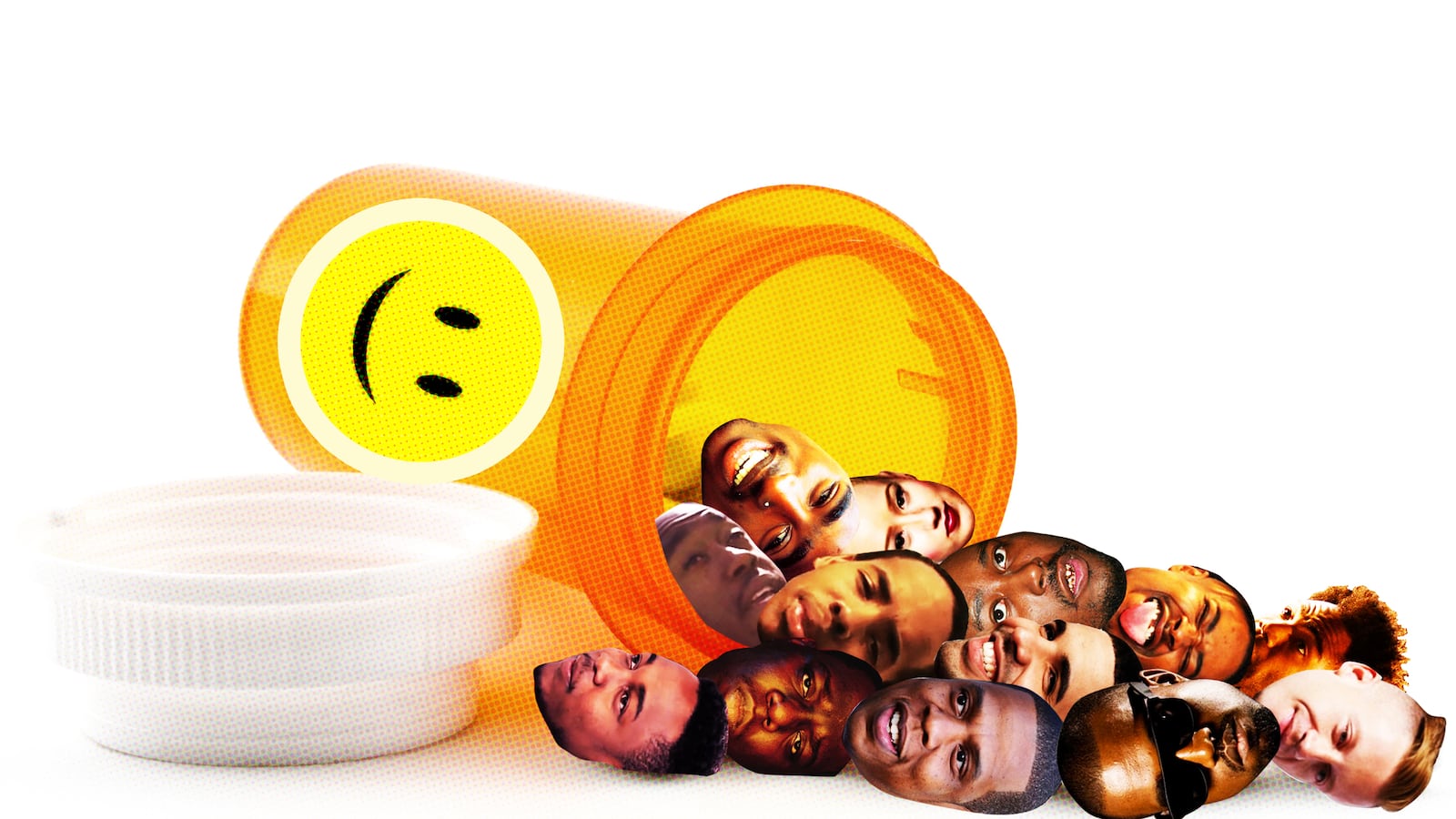You’d be forgiven for thinking that the urban grit of ’90s hip-hop and the hallowed halls of Cambridge University bore little in common—but a new mental-health initiative is bringing the two together. Founded by a clinical neuroscientist and consultant psychiatrist, Hip Hop Psych is planning to offer those suffering from cognitive illnesses a fresh way of thinking.
The brainchild of Cambridge academics Dr. Akeem Sule and Dr. Becky Inkster was born after the pair found significant meaning within the lyrics of some of music’s most memorable hip-hop hits. They believe that by combining these wise words with existing psychiatry techniques, the stigma surrounding mental illness can be dissipated, and people in need can be encouraged to find help in an unlikely place.
“It’s been about 40 years since hip-hop first began in the ghettos of New York City, and it has come a long way since then, influencing areas as diverse as politics and technology,” Inkster said. “Now we hope to add medicine to that list.”
The initiative seeks to use a “hip-hop framework” to help educate medical professionals and academics, applying the five key elements of the music’s culture to those who participate. They maintain that the most important of these is knowledge, where “conscious lyricism” serves as “raw, unfiltered narration describing the harsh realities and coping mechanisms used to combat detrimental circumstances.” The duo behind Hip Hop Psych hope to overcome the disconnect often caused by the way the music’s messages are relayed by encouraging people to look at its vast references to mental health, from psychosis to addiction to bipolar disorder.
“We can see in the lyrics many of the key risk factors for mental illness, from which it can be difficult to escape. Hip-hop artists use their skills and talents not only to describe the world they see, but also as a means of breaking free,” Sule said.
And it’s not only health issues that are addressed in rappers’ lyrics. “Much of hip-hop comes from areas of great socioeconomic deprivation, so it’s inevitable that its lyrics will reflect the issues faced by people brought up in these areas, including poverty, marginalization, crime, and drugs,” he explained.
They cite Notorious B.I.G’s “Juicy”—a song “dedicated to all the teachers who told me I’d never amount to nothin’”—as an example of this. Biggie rapping: “Got two rides, a limousine with a chauffeur / Phone bill about two Gs flat / No need to worry, my accountant handles that / And my whole crew is loungin’ / Celebratin’ every day, no more public housin’” can pair perfectly with positive visual therapy, the doctors believe. They state that the technique, which asks people to enhance their image of themselves using hopeful ideas about their future, could be used in tandem with songs that focus on improving self-worth.
Though the idea of parsing meaning from hip-hop is new, the link between music and mental health is well-trodden ground. One such study found that music releases dopamine into the brain, creating a feel-good state for listeners, and several have proved that it can dramatically reduce stress. Recent research also determined that playing religious music to Christian seniors significantly reduced their anxiety about death.
While the genre regularly comes under fire for perpetuating stereotypes about women and glorifying wealth and drugs, Sule asserts that the lyrics are often hinting toward something more aspirational. “There’s often a message of hope amongst the lyrics, describing the place where they want to be—the cars they want to own, the models they want to date,” he says.
Sule and Inkster hope to take Hip Hop Psych to institutions such as prisons and schools to expand the program’s reach and connect with those who may otherwise struggle to seek help for mental-health issues. They plan to fuse the music with cutting-edge medical and neuroscientific research, promoting positive aspects of hip-hop from freestyle brain connectivity patterns to verbal dexterity in the process.
The doctors promise that the initiative will “disarm the boundaries between psychiatry, humanities, and hip-hop culture.” Yes, that shit does sound a little cray, but it just might work.






